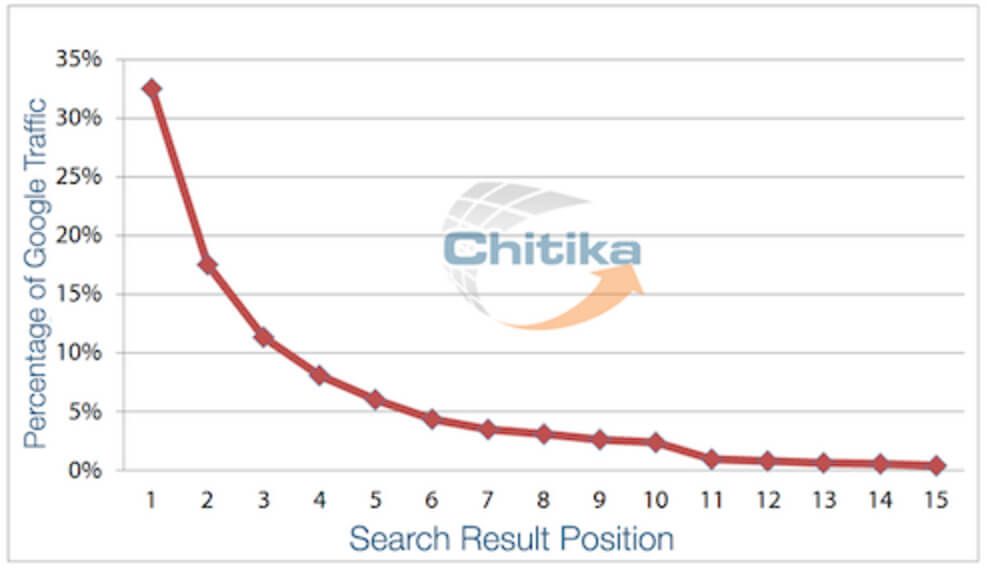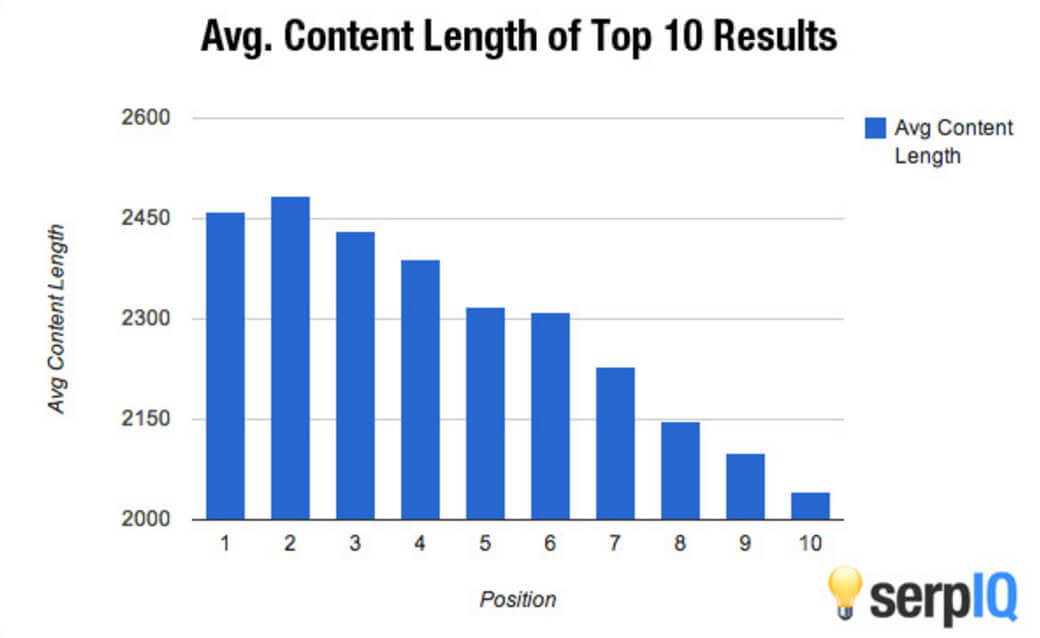Is Your Site Stuck on Page 2? How to Push Your Rankings to the First Page
It can be frustrating.
Incredibly frustrating.
You worked hard on an implementing an SEO campaign for your site. Your pages are all optimised for their target keywords and you even built some quality links. But you do a quick search for the main keywords that you really want to rank for but your site is still stuck on the second page. Even after months of effort your site has barely moved at all. In fact, it appears to be in the exact same spot as it was before.
Don’t throw in the towel just yet.
According to data from Chitika, the first page of Google accounts for approximately 92% of all clicks. Most users rarely make it to the second page.

Your site is missing out on a horde of traffic by ranking on the second page.
The solution is rather obvious then.
Push your site to the front page. Even better would be to rank number one above your competitors. Of course, this sounds easier said than done and you cannot simply spam your site to the top of the search results or your site will incur the wrath of Google.
Even if your site is currently stuck on page 2 of the search results, it is entirely possible to move it to the first page. Here we look at the exact strategies to do exactly that.
1. Analyse the Competition on the First Page
The first thing to do is to look at the sites that are ranking on the first page.
Then use the ahrefs tool to analyse the backlinks of your competitors. Take note of any sources that repeatedly show up such as an authority site in the industry or a major news publication. Chances are you can likely acquire similar links back to your own site.
This may be as simple as requesting a link or submitting a guest post. For the latter, you will need to create a quality post and submit it for approval.
Guest posting requires much more effort than other link building practices. But it can mean the difference between remaining on the second page of Google or finally ranking on the first page. Which one would you rather have?
2. Offer Even More Value in Your Content
Take a look at your content.
How can you make it even better?
Remember that Google strives to deliver the most relevant results for each search query. A post that covers a topic comprehensively with references and images will easily outrank a post that is only a few hundred words long. Aim for completely coverage of the keyword that you are targeting.
Data from serpIQ shows that sites ranking on the first page tend to have a good deal of content on them:

Of course, this doesn’t mean that writing over 2,000 words will automatically result in front page rankings. But having more content will add even more relevance to your page. So either rewrite your content from scratch or add more to it so that it provides more value to your readers.
Remember to optimise on-page factors include your title tags and meta descriptions. Be careful not to over-optimise your content though as doing so can result in a ranking penalty.
3. Build More Links
Finally pushing your site to the first page of Google may simply be a matter of building more links.
We already talked about one: Guest posting. This involves contacting webmasters of other sites in your industry and submitting content to be published on their blog. In return you get a highly relevant link with the potential to drive referral traffic to your site.
Other strategies to build links include:
- Creating comprehensive guides and tutorials
- Publishing infographics
- Interview industry experts
- Sponsoring events
- Sharing on social media
Use these link building strategies to push your site higher.
Conclusion
Ranking on the second page of Google can be incredibly frustrating.
The good news is that you can push your site to the first page with a bit of work. Start by analysing the competition and taking note of sources that you can potentially get a link from. Then work on your content to provide more information. Putting all these together will certainly push your site to the front page.
